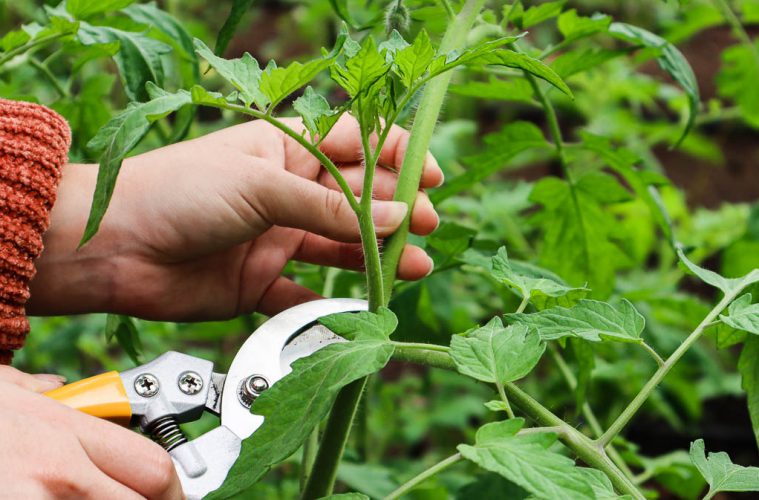Extreme heat is not a pleasant experience for both gardeners and their gardens. While we can shelter indoors with fans and air conditioners, the plants have to brave the hot sun head-on, causing some serious stress.
There are a few things you can do to help your plants during heatwaves. But, there are also several tasks to avoid. Don’t cause your plants unnecessary stress by following these tips.
Don’t plant
Whether you’re transplanting a new purchase from the nursery or repotting your favourite houseplant, planting can be a stressful experience. Roots are not used to being exposed to the air and manhandled, needing a bit of time to recover once the process is complete. Planting during warm weather only increases this stress and makes it harder for your plants to become established.
Don’t overwater
We are often tempted to water far more often than usual when temperatures are high. Although this is important in keeping your plants happy in the heat, it’s important not to overdo it. Excess water when the plants are not used to it can lead to root issues that stick around once the extreme weather subsides. It can also lead to water wastage at times when water is scarcer.
Don’t water in the middle of the day
It’s best to water your plants in the mornings to ensure moisture penetrates deep into the soil and that the plants are prepared for the sunny day ahead. This is even more important during heatwaves when water evaporates incredibly quickly. Of course, if your plants appear very stressed in the middle of the day, it’s far better to give them water than to wait. But watering in the hottest part of the day will only lead to water wastage and will help your plants far less than if you water in the morning or evening when it is cooler.
Don’t prune
Pruning is beneficial for a number of reasons, including promoting new growth and preventing disease. But it is also a stressful experience for plants. You are essentially creating open wounds that the plant then has to work to heal. When temperatures are high, plants prioritize survival over healing, making the recovery process much slower and impacting overall growth.
Featured image: Madison Moulton


